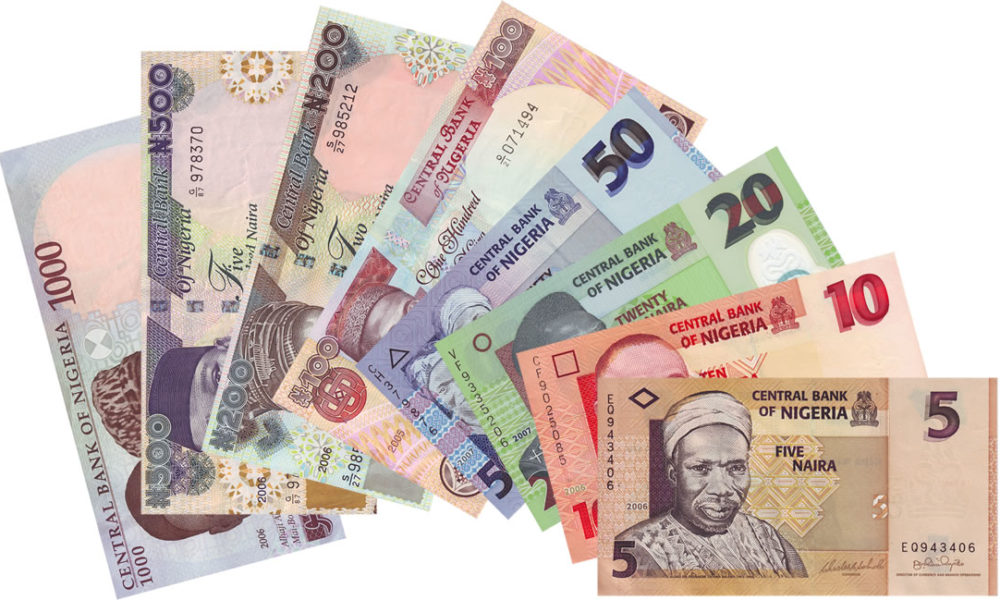Banking Sector
Nigeria’s Currency in Circulation Jumps by N701.4tn, Marking a Turnaround

After a dip in currency in circulation due to a naira redesign policy, Nigeria’s currency in circulation has surged by N701.4tn in just one month, hitting N1.6tn in March 2023.
This turnaround comes after the Central Bank of Nigeria (CBN) reversed its policy on the naira redesign, which had caused significant public outrage and protests.
The CBN defines currency in circulation as all legal tender currencies in the hands of the public and in the vaults of Deposit Money Banks, excluding currency held in the vaults of the central bank.
The dip in currency in circulation had been drastic, with a 235.03% decrease from N3.29tn at the end of October 2022 to N982.09bn at the end of February 2023. This decrease was attributed to the naira redesign policy, which aimed to retrieve 84.5% of the country’s currency in circulation in just 90 days.
The redesign policy, announced by CBN Governor Godwin Emefiele in October 2022, sought to address challenges associated with currency management, including hoarding of banknotes by the public.
However, the policy was met with strong public opposition, particularly from vulnerable groups such as the poor, unbanked, and rural dwellers.
The implementation of the policy was widely criticized for being poorly executed, causing public outrage, violent protests, and incidents of vandalism.
A report by research firm Augusto&Co described the execution of the redesign project as ranging from grossly unprepared to poorly perceived. It noted that the hardest hit by the policy had been the most vulnerable members of the population.
The Supreme Court extended the legal tender status of the old N200, N500, and N1,000 notes to December 31 following lawsuits by some state governments against the Federal Government over the policy. Ten days after the ruling, the CBN ordered commercial banks to comply with the verdict.
The reversal of the naira redesign policy has brought some relief to Nigerians, with currency in circulation bouncing back.
The challenges associated with currency management and hoarding of banknotes by the public still persist, but the CBN will need to find alternative solutions to address these issues without causing harm to the public.
The experience of the naira redesign policy highlights the importance of stakeholder engagement, effective communication, and careful planning in policy implementation.